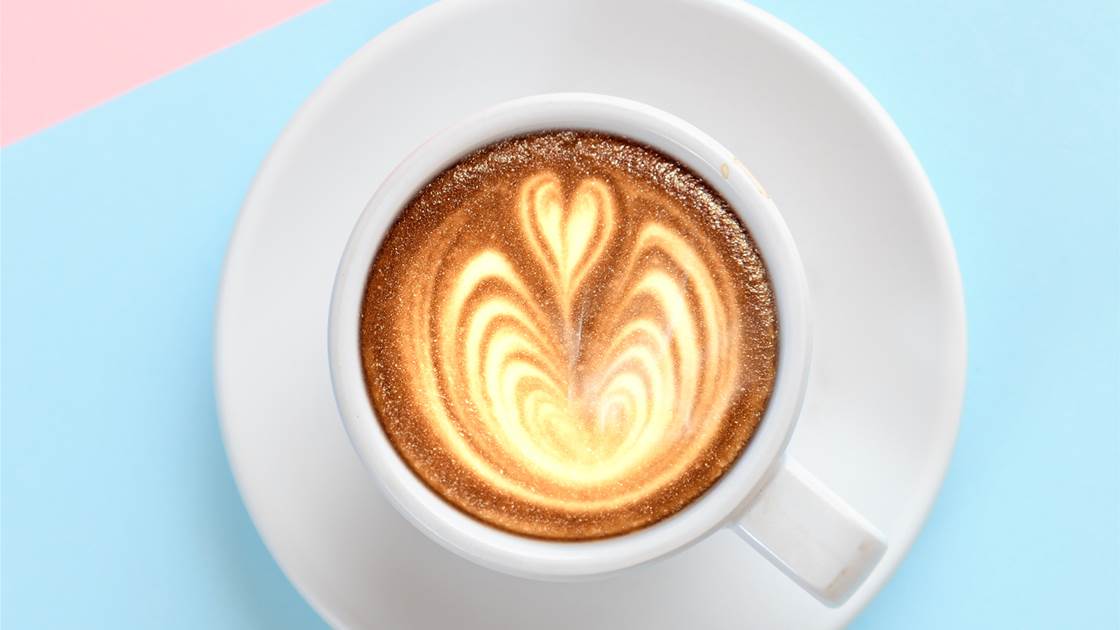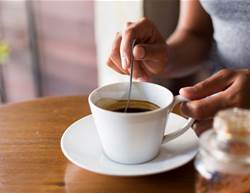What exactly is it?
We all know Aussies love their coffee, and according to the latest National Health Survey, 16.3 million cups are consumed on an average day (that’s 6 billion cups a year – enough to fill 511 Olympic-size pools!). But whether each morning you’re ordering from your favourite barista or pouring your own, it’s a conscious cuppa that more and more of us are buying. Why has this become so important? For starters, a greater awareness of our impact on the world means logos such as “organic” and “fairtrade” are signposts that we are helping. Molly Harriss Olson, CEO of Fairtrade Australia & New Zealand says it comes down to the impact our coffee consumption has on the coffee bean farmers, who live in poor rural communities, as well as on our environment.
Is it really fair?
“More than 90 per cent of the world’s coffee is grown in developing countries,” explains Harriss Olson. “The vast majority of these people are poor, marginalised farmers, often working on less than an acre of land.” The Fairtrade logo indicates a fair and ethical supply chain for the farmers and workers in the developing world. This means they receive fair terms of trade, including a minimum standard price, decent working conditions and no child labour is used.
Making a healthy living
Harriss Olson says around 40 per cent of fairtrade farms are also certified organic, which means less exposure to pesticides for you and more environmentally sustainable practices. “It also makes a huge difference for the farmer when we buy both certified organic and fairtrade coffee,” Harriss Olsen says. “Their income can increase by up to 60 per cent because they can command the premium price, enabling them to have more sustainable livelihoods.” Climate neutral is another term being used of late, meaning the coffee production is not having a harmful effect on the environment.
Think before you drink
You can make sure your brew is a conscious one by:
1. Looking for the Fairtrade logo so you know no exploitation has been used in the production process.
2. Is it certified organic or carbon neutral? You can look for a logo to determine if a product is organic. Carbon neutral is a bit more difficult so might require some research on your part.
3. Most disposable coffee cups are not recyclable due
to the waterproof plastic coating called polyethylene. So, rather than drinking on the run, make your own cuppa at home, sit down to enjoy one at a cafe, or take your own portable travel mug to your barista (all with ethically sourced coffee of course!)










